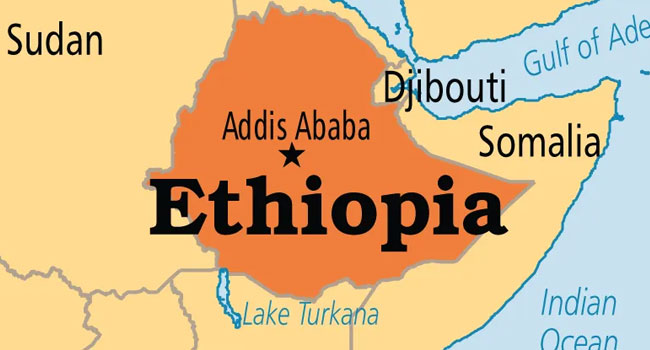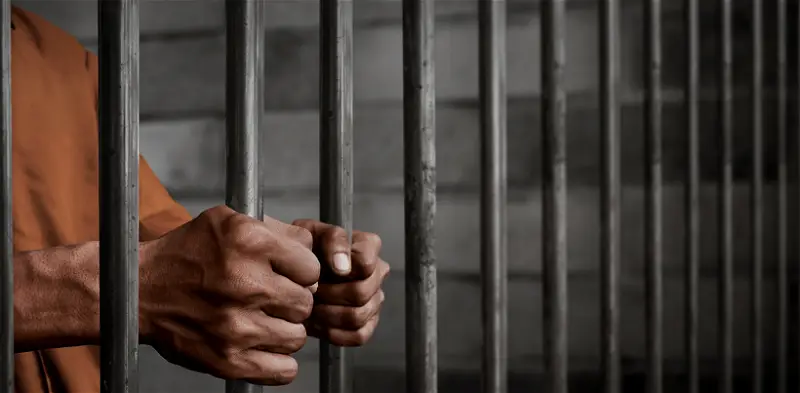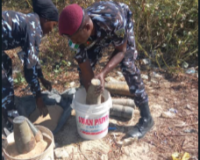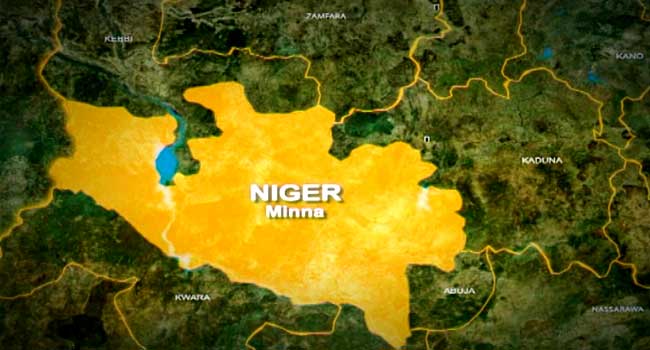Meta, the parent company of Facebook, has been accused of amplifying hate speech and allowing posts that incited the Ethiopia-Tigray conflict.
In a lawsuit filed in Kenya on Wednesday by Abrham Meareg and Fisseha Tekle, two Ethiopian researchers, and Kenya’s Katiba Institute, the group accused Facebook of letting agitating posts thrive on its platform.
According to the documents filed in court, Meareg Amare, father to Abrham, was shot and killed outside his home last November after a series of hateful posts targeted him for attack.
According to the lawsuit, a series of Facebook posts in October 2021 containing ethnic slurs, revealed where Meareg’s father lived.
It alleges that the researcher reported them on Facebook immediately, but the company failed to remove them promptly or in some cases, at all.
Meareg’s father, an ethnic Tigrayan, was murdered on November 3, 2021, according to the lawsuit.
He told Reuters he held Meta “directly responsible” for his father’s death.
The lawsuit also said Meta failed to align its algorithms to identify dangerous posts and in hiring staff to police content for the languages.
“Not only does Facebook allow such content to be on the platform, they prioritise it and they make money from such content. Why are they allowed to do that?” Mercy Mutemi, the lawyer representing the two Ethiopian researchers, told a news conference in Nairobi.
However, Erin McPike, Meta’s spokesperson, said the company prioritises a healthy platform and is against inciteful posts.
“We invest heavily in teams and technology to help us find and remove this content,” McPike said.
“We employ staff with local knowledge and expertise and continue to develop our capabilities to catch violating content in the most widely spoken languages.”
The group asked the court to order Meta to take emergency steps in curbing violent content and increase moderation staff.
In the suit, the court has also been asked to order a restitution fund of about $2 billion for victims of violence linked to Facebook.
On November 2, the Ethiopian government agreed to end the two-year conflict with rebel forces in the country’s northern Tigray region.
The agreement on the “permanent cessation of hostilities” was reached at a meeting in South Africa, following a round of peace talks convened by the African Union (AU) delegation led by former President Olusegun Obasanjo.







